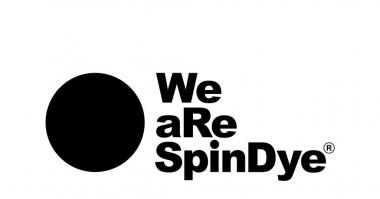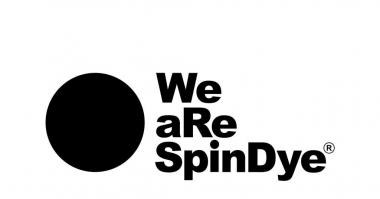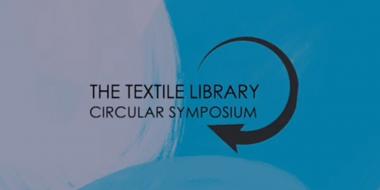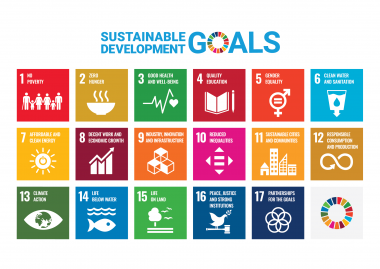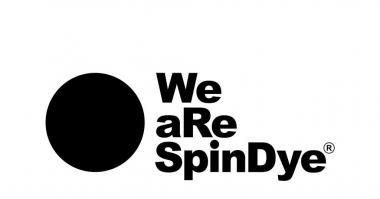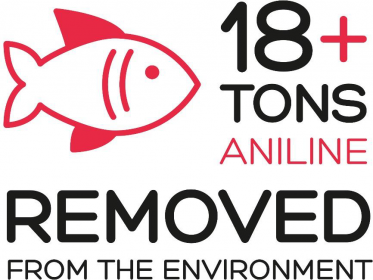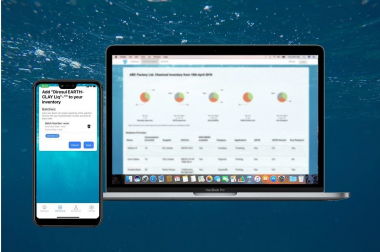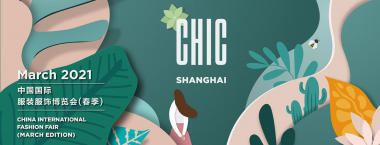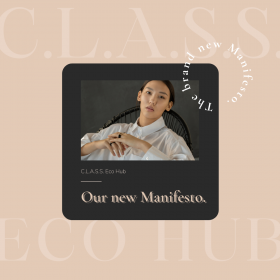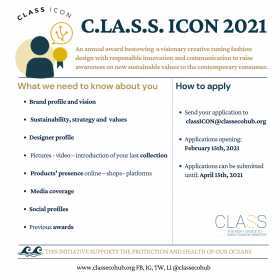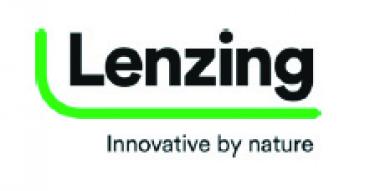Dibella is the initiator of the "Organic Cotton" pilot project
- Organic cotton project with thriving prospects
Dibella is participating in a joint project to promote organic cotton cultivation in India. The project aims to protect organic cultivation through targeted training measures and by paying premiums to small farmers, to support the conversion from conventional to organic cotton, to increase crop yields and at the same time to achieve better fibre quality.
The demand for organically grown organic cotton is growing rapidly, but crop yields are lagging well behind global demand. The Alliance for Sustainable Textiles (Berlin), initiated by Development Minister Dr. Gerd Müller, therefore wants to increase organic cotton volumes for its member companies with practical solutions. In cooperation with the Deutsche Gesellschaft für Internationale Zusammenarbeit (GIZ), it is now promoting a forward-looking project for which Dibella provided the impetus.
"In India, it is mainly micro-farms and village cooperatives that are active in organic cotton cultivation. Conversion of additional land and sustainable management could increase yields and fibre quality of organic cotton. The Chetna Organic initiative, with which we have been working successfully for many years, advises the farmers in these processes. It supports the farmers and village communities with targeted education, training and practical assistance in organic farming, thus preparing the ground for better income and living conditions for the families," says Ralf Hellmann, Managing Director of Dibella.
Several alliance partners - Dibella, Fairtrade Germany, GIZ, Organic Cotton Accelerator (OCA) and Tchibo - have taken the exemplary initiative as an opportunity to promote the cultivation and expansion of organic cotton in India. In cooperation with Chetna Organic, they focus on supporting Indian women's cooperatives, women farmers and families in the production of organic cotton as part of the "Organic Cotton Pilot Project". Tchibo and Fairtrade subsidise micro-farms during the conversion phase of the fields (the fibres are only recognised as organic cotton four years after conversion) and contribute to the provision of GMO-free seeds, which have become a scarce commodity in India. Together with Dibella, they finance training courses that teach the optimal use of natural rainfall as well as efficient, ecological cultivation methods, which subsequently lead to improved fibre quality. In addition, they commit to purchasing Fairtrade organic cotton for many years.
Ralf Hellmann: "The pilot project enables us to expand our Dibella Good Textiles collection because it guarantees us long-term access to fair-trade organic cotton. At the same time, it improves the living conditions of the small-scale farmers and their families. We therefore hope that "Organic Cotton" will also set a precedent in other cotton growing regions and bring organic farming forward in India."
Dibella Tchibo cotton India organic cotton Alliance for Sustainable Textiles organic farming
Dibella b.v.









